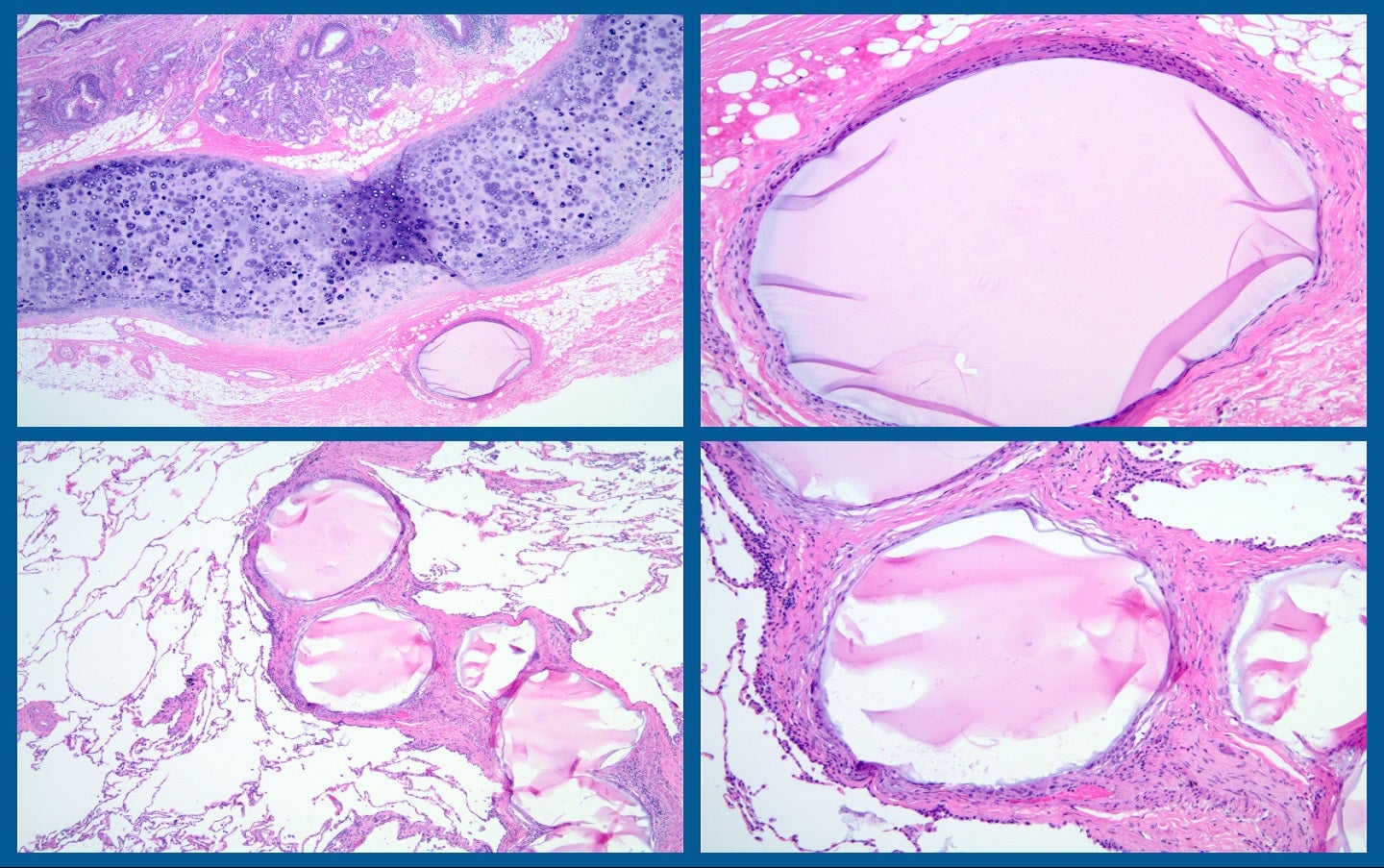

ReCode Therapeutics has dosed the first healthy volunteer participants in a Phase I clinical trial of the disease-modifying mRNA-based genetic medicine, RCT1100, to treat primary ciliary dyskinesia (PCD), which is caused by pathogenic mutations in the DNAI1 gene.
The first-in-human, placebo-controlled, double-blind Phase I trial has been designed for evaluating the tolerability and safety of a single ascending dose of inhaled RCT1100 given through a nebuliser.

Discover B2B Marketing That Performs
Combine business intelligence and editorial excellence to reach engaged professionals across 36 leading media platforms.
The company expects to enrol nearly 32 healthy adult participants, who will receive a single dose of either placebo or RCT1100 in the trial, which is being conducted in New Zealand.
It intends to submit an Investigational New Drug application (IND) for the Phase I trial to the US Food and Drug Administration (FDA) in the second half of this year.
ReCode Therapeutics is also planning to submit another IND for its CFTR mRNA therapeutic to treat cystic fibrosis, which is an inherited, life-threatening genetic disorder.
ReCode Therapeutics chief scientific officer and president David Lockhart said: “PCD is a genetic disease, with a serious impact on respiratory health, that significantly affects quality of life and currently has no approved treatments.

US Tariffs are shifting - will you react or anticipate?
Don’t let policy changes catch you off guard. Stay proactive with real-time data and expert analysis.
By GlobalData“We are excited to take this next step toward a first-in-class, precision genetic medicine for the treatment of people living with PCD.
“This programme was the result of many years of work, beginning with the design and optimisation of the DNAI1 mRNA, and continuing all the way through pharmacology and toxicology studies to support dosing in humans.”
RCT1100 has been formulated using the SORT LNP delivery platform of the company.
It is nebulised and given as an aerosol into the airway directly using an optimised eFlow Nebulizer System (PARI).
Cell & Gene therapy coverage on Clinical Trials Arena is supported by Cytiva.
Editorial content is independently produced and follows the highest standards of journalistic integrity. Topic sponsors are not involved in the creation of editorial content.





